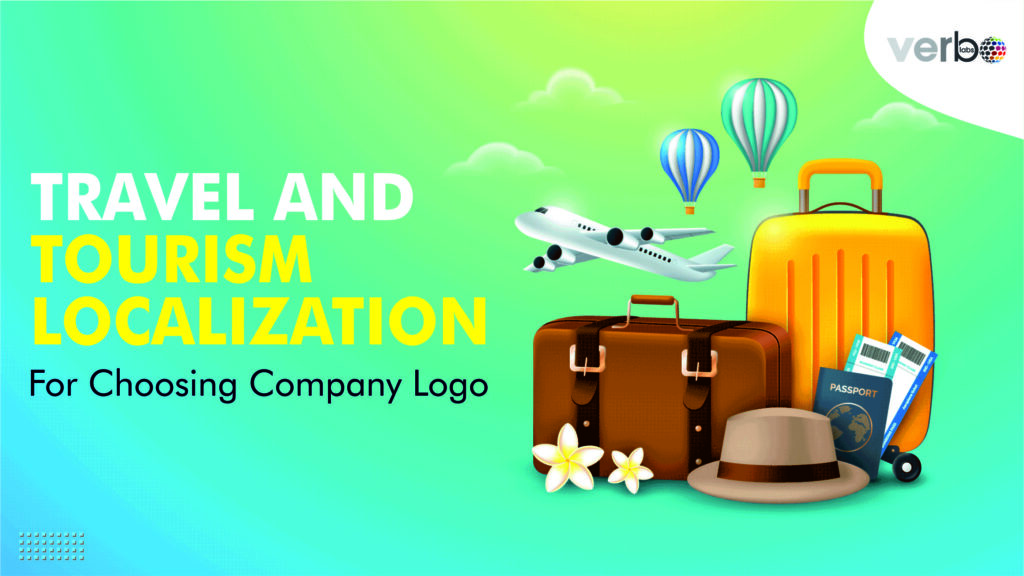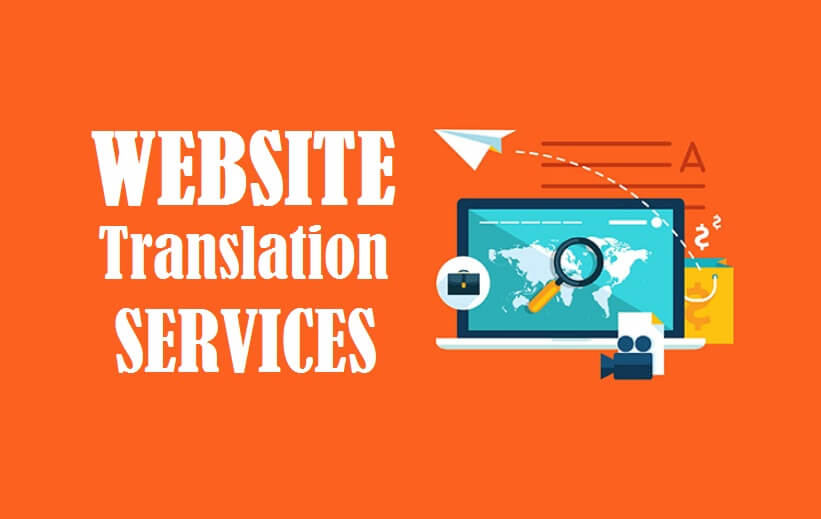The tourism industry is booming like never before. More and more people want to explore the world and learn about the different cultures, languages, ethnicities, nationalities, and other expressions of co-existence. People want to understand more about different aspects of what the world has to offer. This is not only important but eminent, with people having more purchasing power and economic prosperity. This gives great importance to professional translation services. People want to understand the language and not view it as any sort of an obstacle. This is where language localization plays a crucial role. Language localization involves adapting content, such as websites, brochures, and audiovisual materials. It helps to cater to the specific linguistic and cultural nuances of target audiences. For travel and tourism businesses, providing multilingual services gives them a significant competitive advantage. It also has become a necessity to engage with international visitors through travel industry translation. Language localization opens doors to captivating and engaging a wider audience with English dubbing services among every other popular language for travel videos.
English dubbing services play a significant role in travel and tourism localization. As a widely spoken language worldwide, English is a common communication medium for travelers. By leveraging targeted services, travel and tourism businesses can ensure that their promotional videos and audio guides are accessible to English-speaking visitors. These services involve replacing the original audio content with synchronized English voiceovers, enabling international visitors to understand and connect with the conveyed information. Skilled translators proficient in multiple languages can accurately translate travel-related content, such as brochures, websites, and menus. It ensures that international visitors receive the necessary information in their native languages. A translational agency can do the job perfectly.
Let’s learn more about how travel and tourism translation services can be employed to make the world more interconnected.
Here are the top 7 ways travel and tourism localization can make the world inter-connected:
- Improved customer experience
- Enhanced communication with international visitors
- Access to local information and resources
- Expanded market reach
- Cultural sensitivity and respect
- Increased engagement and satisfaction
- Competitive advantage in global tourism
Let’s get into the detail of these:
- Improved customer experience
Travel and tourism localization is crucial to providing exceptional customer experience to international visitors. Website translation and localization services can speed up this process. Travel and tourism localization ensures visitors feel welcome and understood throughout their journey. Translating essential information into multiple languages, such as directions and attraction descriptions, can make people feel more welcomed. Localized customer support, including multilingual staff or interpreters, facilitates smooth communication and effectively addresses queries and concerns. Such personalized attention enhances the overall satisfaction of tourists.
- Enhanced communication with international visitors
Localization is crucial in bridging the communication gap between businesses and international visitors. By adapting marketing materials and promotional content into different languages, localization enables clear and effective communication. This ensures visitors receive relevant information about destinations, activities, famous sites, and services. Visitors will also need travel document translations to ensure they are abdiding by the rules and regulations. For this, they may need an adequate document translation service that gets the job done well. Localized social media presence and targeted advertising campaigns in various languages can help businesses reach a wider audience and engage potential visitors more effectively. This comprehensive approach allows businesses to connect with international visitors more deeply. It fosters a sense of greater trust and understanding. Language translation services can help in this sector significantly.
- Access to local information and resources
Localization facilitates travel industry translation and allows international visitors to access vital local information and resources conveniently. Providing translated maps and directories enables visitors to navigate the destination with ease. This way, they can find several attractions effortlessly. Localization also extends to digital platforms, where visitors can access localized information through mobile apps or websites. It provides them with up-to-date details on events and several transportation options. This access to relevant and accurate information can greatly enhance the visitor’s ability to make informed decisions. This can make their travel journey and experience perfect.
- Expanded market reach
Travel and tourism localization enables businesses to target specific international markets effectively. Companies can tailor their marketing strategies and messages to resonate with each target audience this way. This includes adapting advertising campaigns, website content, banners, posters, and promotional materials to reflect various international markets’ cultural values and customs. Through targeted marketing, businesses can maximize their reach. This attracts more international visitors and increases the chances of conversion. This approach allows a more efficient allocation of resources, focusing on markets with the highest potential for engagement.
- Cultural sensitivity and respect
Localization promotes cultural sensitivity and respect for international visitors significantly. Businesses can showcase their commitment to inclusivity and understanding by recognizing and accommodating diverse cultural backgrounds. This involves more than just translating words; it entails adapting content and services to align with cultural norms, preferences, and sensitivities. For example, offering prayer rooms, providing dietary options catering to different dietary restrictions, and organizing events celebrating cultural festivals can create a welcoming environment for international visitors. Such cultural awareness enhances the visitor’s experience and fosters a positive perception of the destination country. Language translational services can positively impact the world this way.
- Increased engagement and satisfaction
Localization efforts positively impact visitor engagement and satisfaction levels. When information is presented in visitors’ native languages, it removes language barriers. That makes it easier for tourists to navigate and access relevant resources. This, in turn, increases their engagement with the place they visit and improves their experience with tourism services. Whether it is multilingual signage or audio guides, providing localized content enhances the visitor’s ability to explore and understand the offerings of that place wonderfully. Understanding cultural nuances and adapting services can also help businesses ensure that international visitors feel valued and respected. This leads to higher satisfaction levels and positive word-of-mouth recommendations. And who doesn’t want that?
- Competitive advantage in global tourism
Implementing travel and tourism localization strategies gives businesses a competitive edge in the global market. Companies can easily position themselves as customer-centric this way. This process sets them apart from competitors who may not prioritize localization efforts by a translational agency. A reputation for providing excellent localized services enhances the brand perception and attracts more international visitors conveniently. It demonstrates a commitment to cultural sensitivity and understanding. Localization creates a valuable point of differentiation, allowing businesses to stand out and capture a larger share of the international market.
Final words
As apparent, travel and tourism localization is a vital strategy for businesses that aim to thrive in the global market. By adapting their services to meet the language and cultural needs of international visitors, businesses can establish themselves as a customer-focused company and gain significant credibility. Effective localization efforts not only enhance brand reputation but also lead to increased customer satisfaction and loyalty. Verbolabs has been doing it for almost a decade and has significantly established itself as a leading translational agency. It understands the responsibility and importance of localization for the travel and tourism industry. Businesses can foster stronger connections and attract a larger share of the global travel and tourism market by personalizing their efforts this way. Embracing travel and tourism localization is a powerful way to connect with diverse audiences, and every business in this industry should leverage that while they can.



